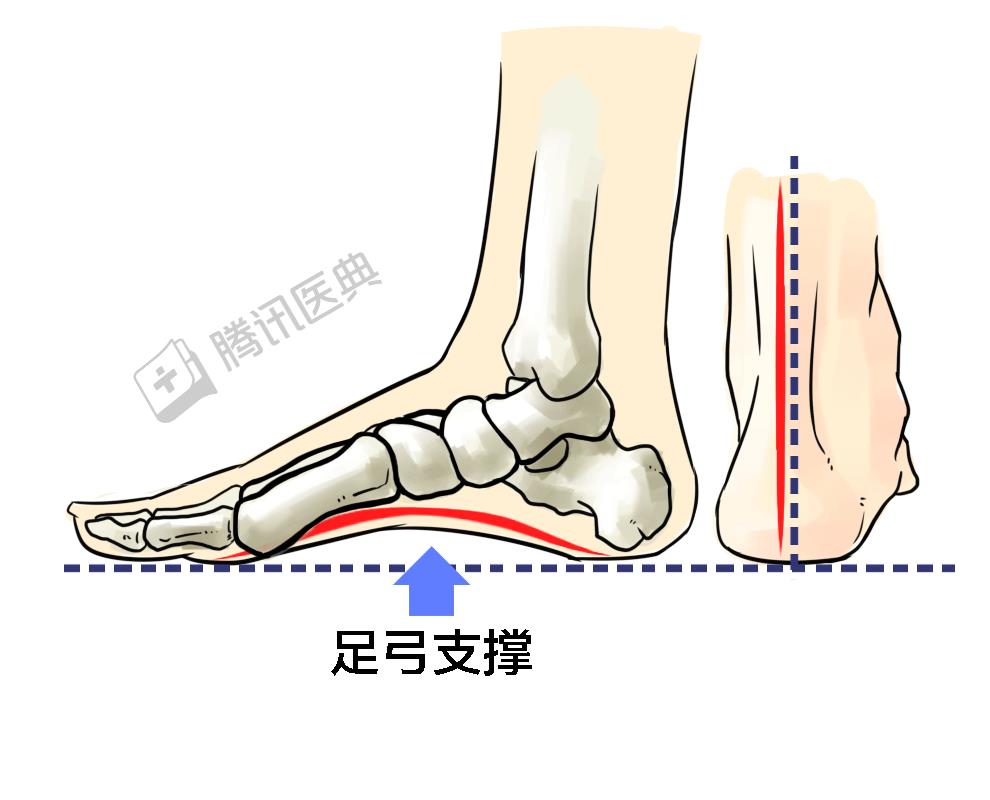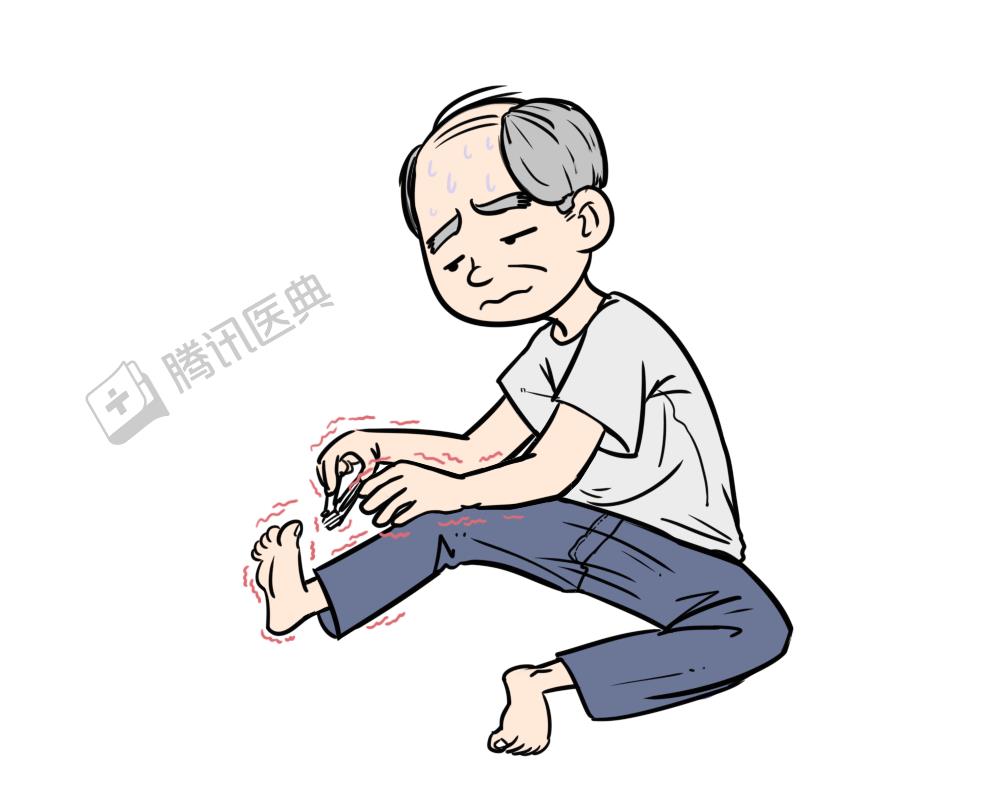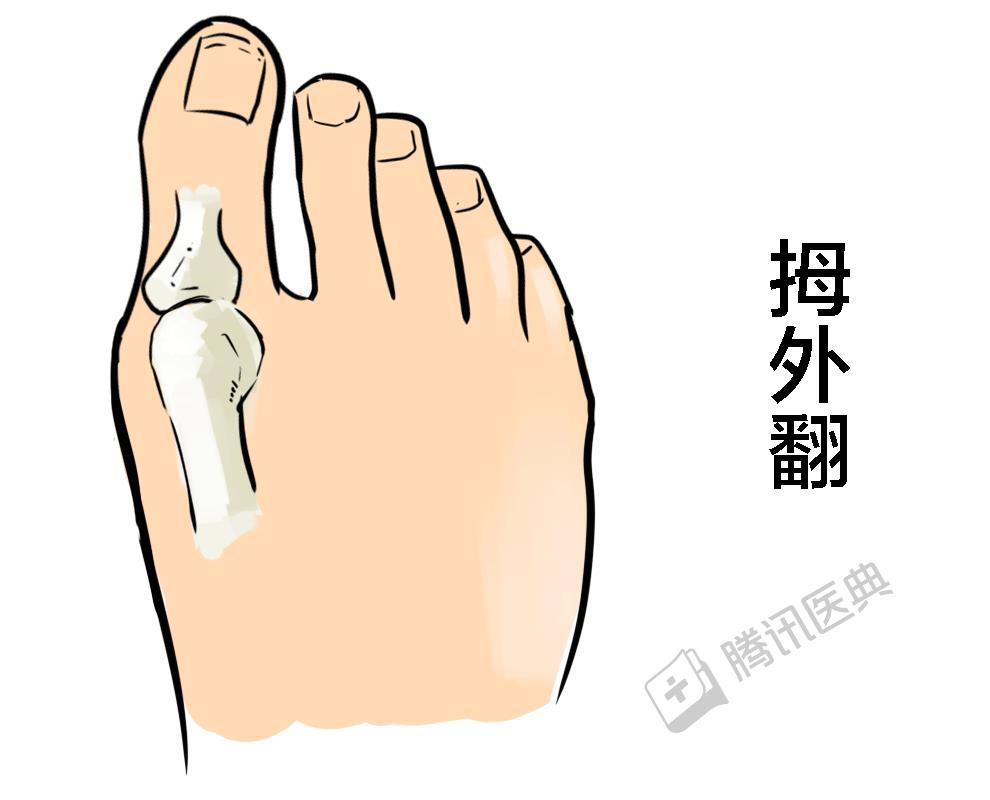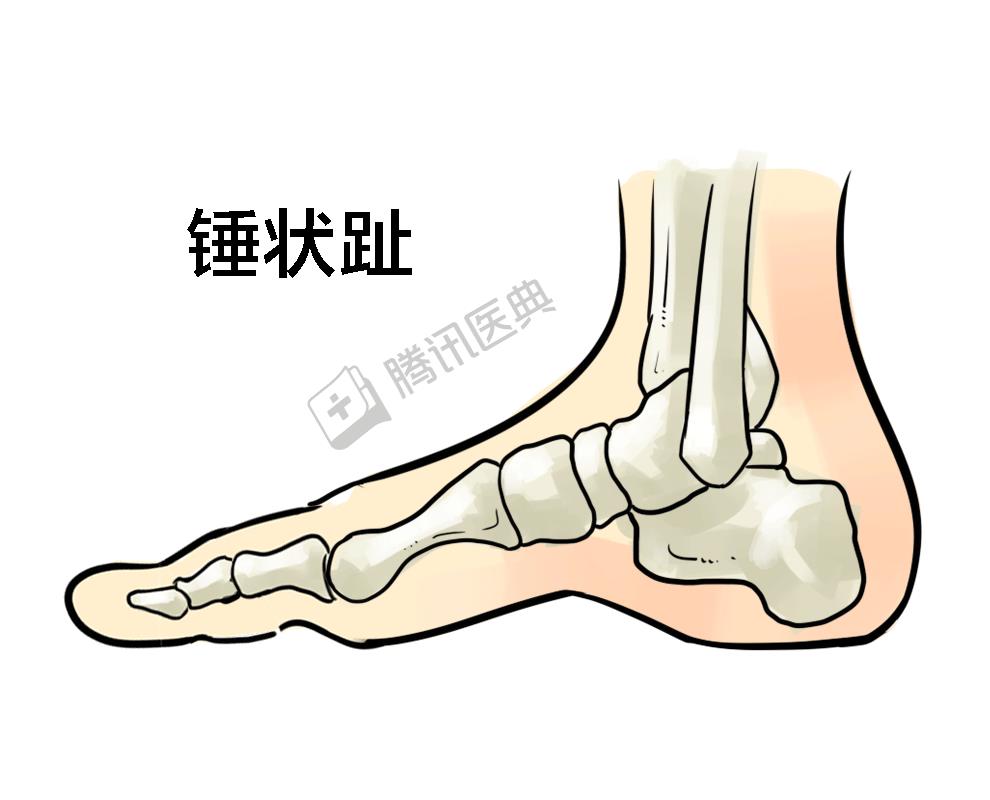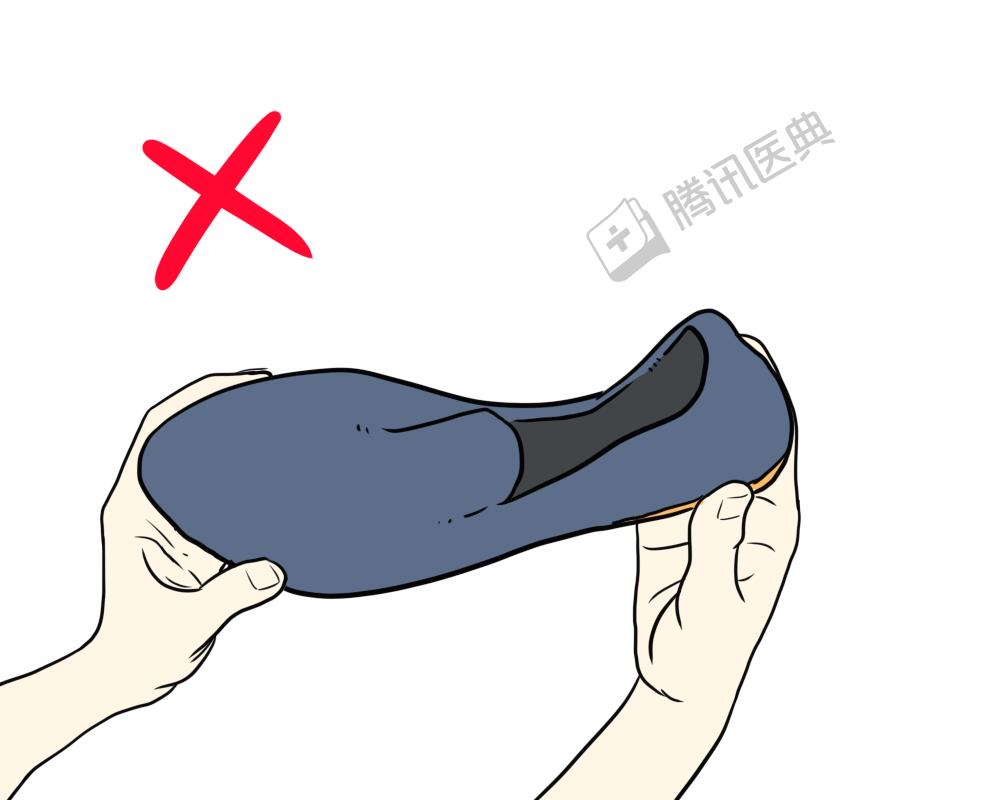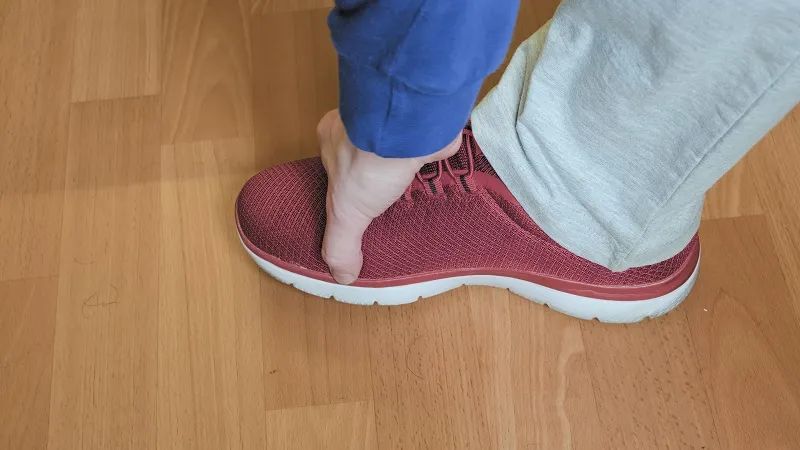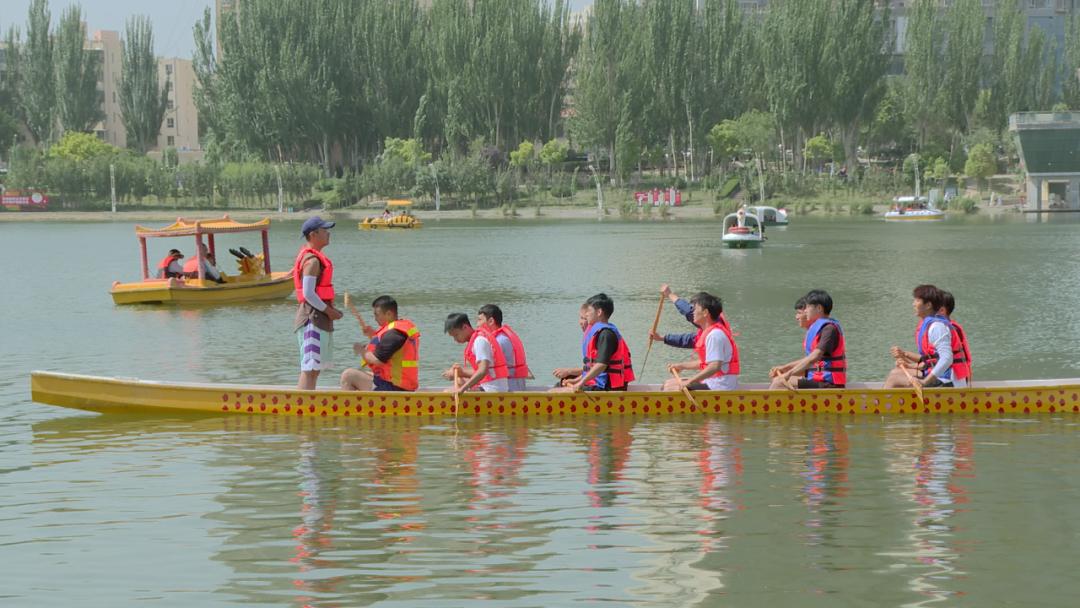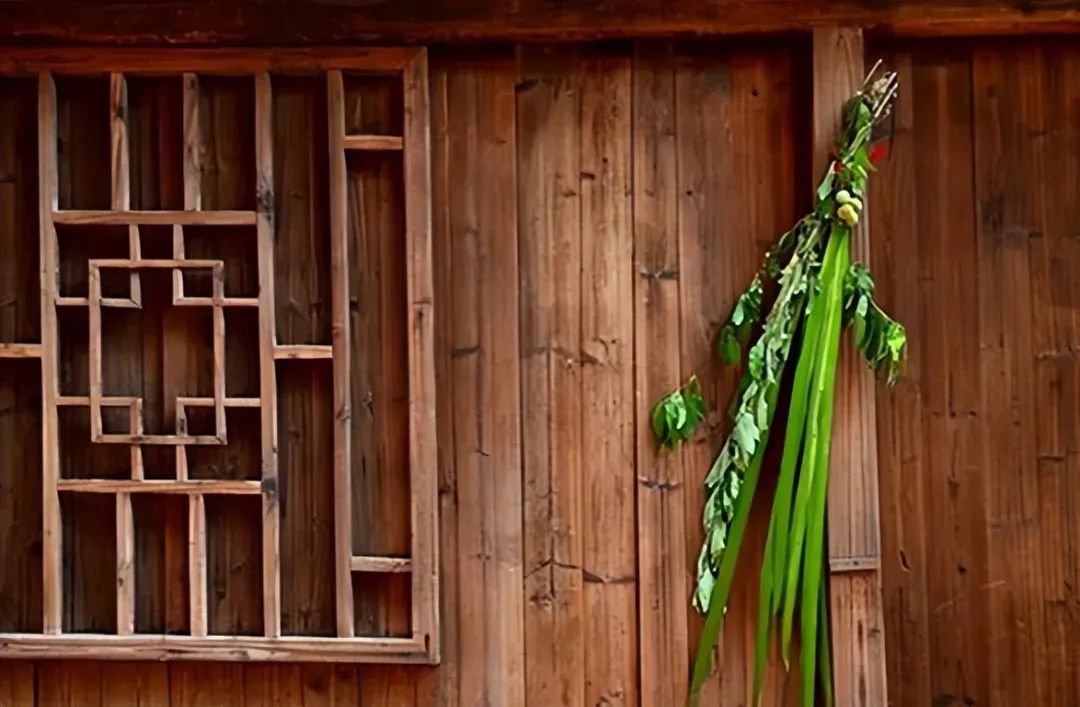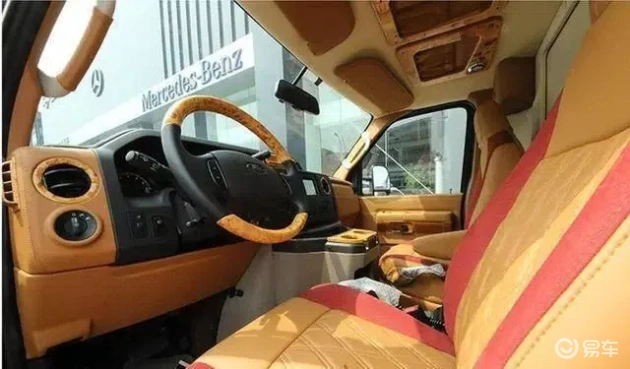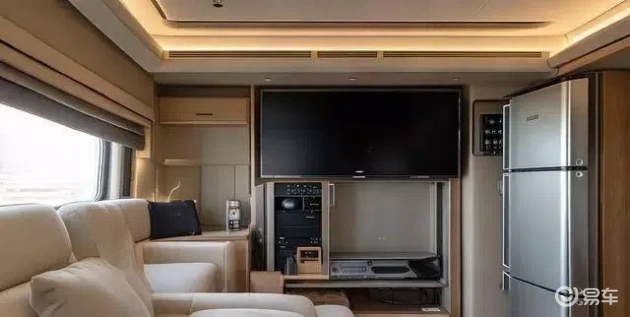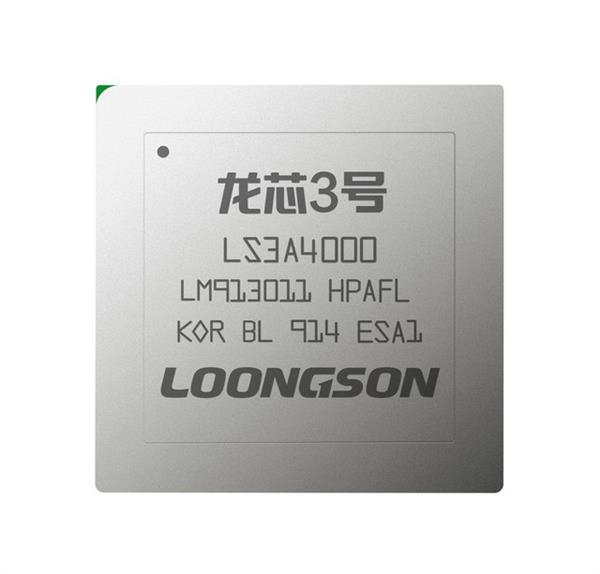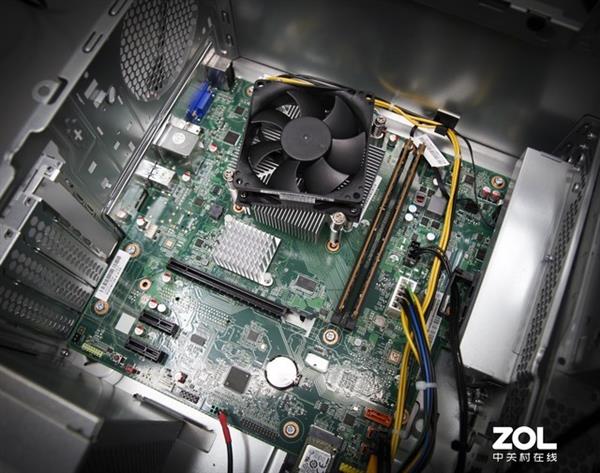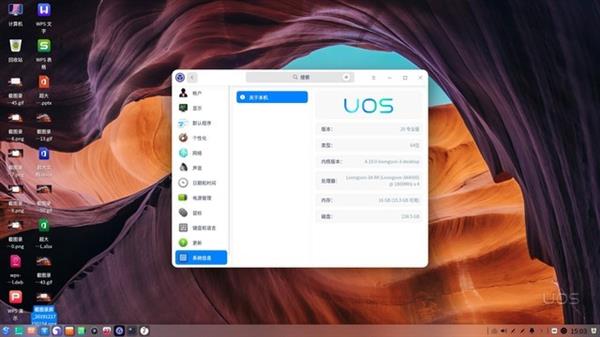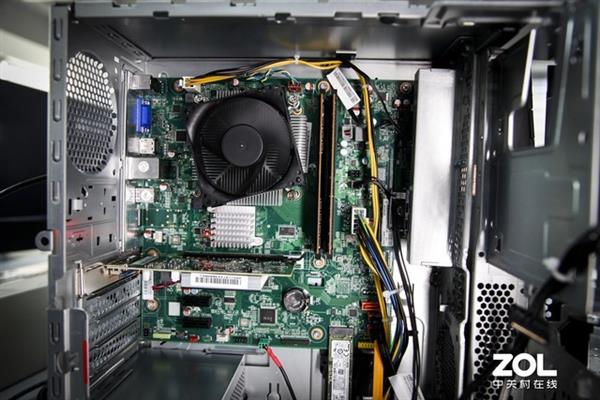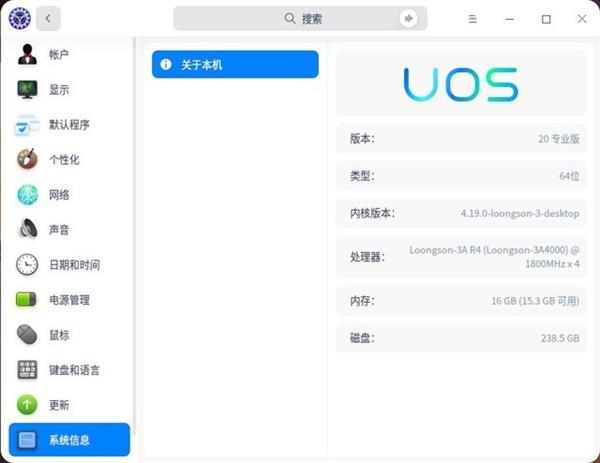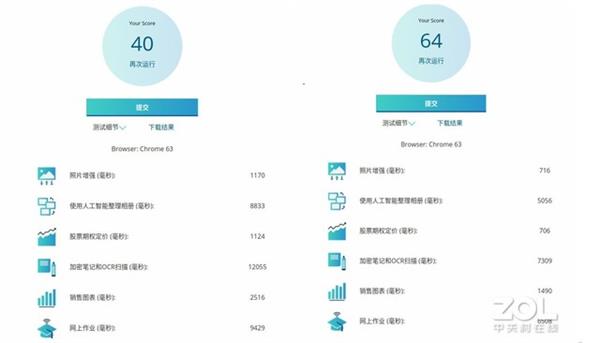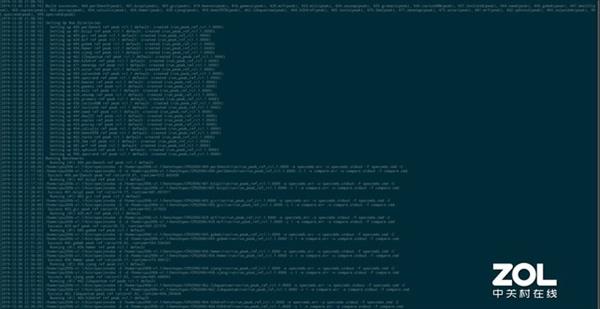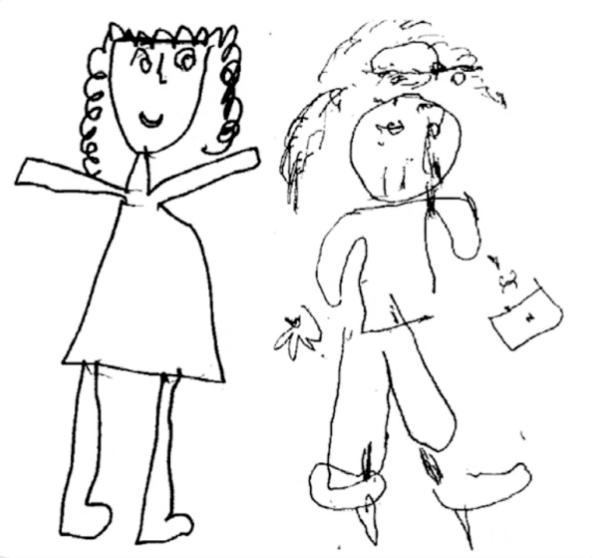Investigation on network rumors related to epidemic disease: rumors still come back after rumors, and rumors make money by drainage.
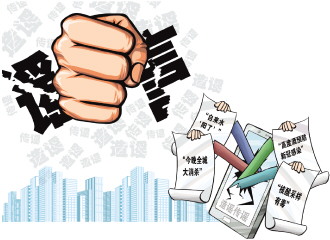
Investigation motive
"Delta Omicron Co-circulation", "Six Yangkang tourists in a scenic spot died of heart failure", "Beijing tap water is sunny" and "Express delivery industry closed on January 8 due to epidemic situation" … … For some time, there have been rumors about the epidemic-related network, distorting the national epidemic prevention policy, dispelling the people’s confidence in fighting the epidemic, seriously endangering social stability, and the people hate it.
Recently, the Central Network Information Office reported typical cases of epidemic rumors. The relevant person in charge said that it will continue to resolutely crack down on rumors and rumors, and strictly investigate and deal with account subjects who publish rumors. At the same time, relevant departments and netizens are welcome to actively participate in reporting, provide relevant clues, and work together to eradicate online rumors. Living soil.
Why are epidemic-related rumors repeatedly banned, why do some rumors come back after rumors, and how to effectively rectify and purify cyberspace? With these questions, the reporter conducted an in-depth investigation and interview.
□ Our reporter Zhang Shoukun Wen Lijuan
"Yangkang is not equal to health. Yesterday, several people died in Laojunding skiing, all of them were Yangkang, and suddenly they suffered from heart failure after strenuous exercise." Recently, the net spread "Qinhuangdao Laojunding Scenic Area ‘ Yangkang ’ The information that 6 tourists died of heart failure has attracted attention. After investigation, the news was false information. At present, the rumored woman Ma has been administratively detained by the police.
From "killing the whole city tonight" to "increasing chlorine injection into tap water", from "nucleic acid sampling is toxic" to "mask raw materials will cause pulmonary nodules", from "a positive man is transferred by crane" to "a container is used to operate a positive patient somewhere", from "the tap water will spread the virus" to "you can choose a mild strain to infect and produce antibodies" … …
In the investigation, the reporter of "Rule of Law Daily" found that every once in a while, all kinds of epidemic-related rumors circulating on the Internet will be "updated". Some of them deliberately misinterpret and fabricate epidemic prevention policies, and some carry out pseudo-popular science under the guise of science. Because they are related to the epidemic situation, these rumors can easily attract people’s attention and get a lot of attention and forwarding, which leads to many people’s doubts, anxiety, panic and other emotions, and even interferes with the normal epidemic prevention and control work.
A number of interviewed experts said that to rectify online rumors and purify cyberspace, we must further compact the platform responsibility, improve the information review and judgment mechanism, and control the release of epidemic-related rumors at the source; It is necessary to severely punish rumors according to law, and if serious consequences are caused, criminal punishment will be given.
Internet rumors about epidemic diseases continue.
Rumors make money by draining.
On New Year’s Day this year, Yin Kang, a citizen of Lianyungang City, Jiangsu Province, who opened the social software early in the morning, found that there were several rumors that had been continuously refuted in his social group and circle of friends.
At the end of the holiday, when I went to work, some colleagues told Yin Kang mysteriously with a bottle of Erguotou, that high alcohol can prevent COVID-19 infection. Would you like some? What bothers Yin Kang even more is that grandpa, who had given up smoking and drinking because of his poor liver and lungs, immediately asked his family to smoke and drink … …
Yin Kang said that although there are many rumors like this, people with discerning eyes know that they are false at first glance, but because of the rapid spread and wide range, some people, especially many elderly people, are willing to believe it. In addition, there are still many rumors that are cloaked in science, and the tone is so convincing that it is difficult for ordinary people to distinguish them.
Not long ago, WeChat Security Center announced the top ten rumors that were most widely circulated in the circle of friends in 2022, many of which were related to the epidemic situation, such as the toxic reagent on the "sampling cotton swab", the daily subsidy during the epidemic, and the prevention of Covid-19 by soaking Stephania in water. For Pan Ying in Nantong City, Jiangsu Province, these rumors are familiar to her.
"These top ten rumors have been forwarded by my family elders to the group. In recent years, I have been on the road of rumors, and I have tried my best to tell my family that these are false, but rumors have always existed, especially about the epidemic. This rumor has come again, and some rumors that have been rumored will come back after a while, and every rumor, no matter how outrageous, will always be believed by my family." Pan Ying said.
Recently, news about Covid-19 Omicron mutant XBB has been rampant. The latest news shows that the introduction of a new strain XBB.1.5 has been detected in Shanghai. At present, there are many rumors about XBB.1.5 on the Internet, especially a screen shot circulating on the Internet platform, saying that all the strains prevalent in China are the younger brother of XBB.1.5, which mainly focuses on cardiovascular and cerebrovascular diseases and will cause diarrhea. It is suggested that the public prepare montmorillonite powder, norfloxacin, rehydration salts, probiotics and so on. Shanghai rumor platform said that the screenshot exaggerated the pathogenicity of XBB.1.5, and did not rule out people with ulterior motives to promote products. Many doctors have warned not to take montmorillonite powder, norfloxacin and other drugs as mentioned in the screenshot at will.
In the investigation, the reporter found that since the epidemic prevention and control work was carried out, all kinds of information about the prevention and control of COVID-19 infection have always occupied an eye-catching position on social apps, websites and other network platforms, including many old and new rumors. Moreover, the rumors related to the epidemic have different distribution characteristics in different stages of the epidemic development, reflecting the changes in public sentiment and demand, which may make people have a wrong understanding of COVID-19 infection and adopt wrong means in the process of preventing and treating COVID-19, thus affecting the normal epidemic prevention and control work.
The Public Opinion Center of the Rule of Law Network conducted a public opinion analysis on Internet rumors about epidemic diseases caused by high fever, and found that social platforms have become a "Petri dish" for rumors about epidemic diseases. Most rumors about epidemic diseases come from social platforms and spread mainly through chat groups, friends circle, WeChat official account and video numbers, among which chat groups and friends circle are the main positions for communication. This is because the "strong relationship" social circle has the characteristics of privacy, closure, agglomeration, etc. The privacy of the acquaintance relationship chain makes it difficult to track the process of information production and forwarding, and at the same time, the credibility and forwarding volume of rumors are greatly increased, thus achieving cross-group and cross-platform communication. In addition, all kinds of short video platforms have become the new "source" of online rumors. The presence and authenticity of short videos increase the persuasiveness of rumors and often mislead the public to believe them.
Why are some publishers keen to fabricate rumors? The Network Security Bureau of the Ministry of Public Security has revealed this, and there will be advertisements inserted under the content released by the rumors or in the comment area. The more traffic advertisers are exposed and clicked, the more revenue they will get. "It can be said that every time you click, the rumor maker can make money."
Yin Kang said that many of his friends and family members feel that forwarding this information at will can remind more people, and it is a positive energy behavior. Even if it is false, it will not cause any losses to others. As a result, it has become a disseminator who has expanded the scope of rumors unconsciously.
Hair under the guise of official name
The platform is responsible for governance.
Recently, a notice claiming to be from "President of Changzhou Red Cross Society" spread widely. According to the notice, if brown sugar, ginger, scallion and garlic are boiled in water, the probability of being infected with the virus is almost zero. Li Lei of Heze City, Shandong Province has also received an "anti-epidemic prescription" from his old mother at home. However, Li Lei’s online verification found that the screenshot had been spread on the Internet as early as February 2020. At that time, the staff of Changzhou Red Cross Society rumored that the organization and the president had not released the above information.
"Most of them can be seen as rumors at a glance, and even a large part of them have been rumored by the government and proved to be rumors. I wonder why many rumors have been repeatedly banned, and some people are convinced of the rumors that have been rumored." Li Lei said.
Pan Ying said that she saw many rumors, all of which were published under the guise of official organizations. "I used to receive short messages informing me of nucleic acid testing and the health code turning red, which said that they were sent by the CDC and left a phone number. Some of them were true and some were false, so many people were cheated, which led me to doubt their authenticity as long as I saw the epidemic-related text messages now."
"There are too many rumors. We may remember them for a while after rumors, but we are not professionals. Most people may forget them in a month or two, and it is difficult to distinguish similar rumors when they come again." Pan Ying said.
According to Li Junhui, a special researcher at the Intellectual Property Research Center of China University of Political Science and Law, there are three main reasons for the repeated prohibition of epidemic-related rumors. First, epidemic-related information is the focus of public attention, which is related to the individual’s concern about how to avoid being infected and how to deal with it after infection. Second, it is related to the insufficient, untimely and incomplete release of epidemic-related information in some areas, because real information can not meet or solve public concerns, and it will naturally be attracted by some false information; Third, the information of epidemic-related rumors has the characteristics of confirmation, illustration or difficulty in distinguishing authenticity, which makes the relevant information easily misinformed and further misinformed.
What kind of responsibility may the rumor-monger bear for spreading rumors about the epidemic?
Ai Hongqiang, a lawyer of Beijing Jingshi (Quanzhou) Law Firm, told reporters that according to the Law on Public Security Administration Punishment, those who spread rumors, lied about dangerous situations, epidemics, police situations or deliberately disturbed public order by other means will face detention and fines. If a citizen’s personal reputation right is infringed by spreading rumors, according to relevant regulations, the infringer will bear the responsibility of stopping the infringement, restoring the reputation, eliminating the influence, apologizing and compensating for the losses. In addition, making and spreading epidemic rumors may also bear criminal responsibility.
At the end of November last year, the Central Network Information Office reported that in view of the recent rumors in the fields of epidemic prevention and control, emergencies, and people’s livelihood, it urged and guided the website platform to strengthen monitoring and verification, and the key website platforms handled more than 5,400 accounts for spreading rumors on the Internet, which was the first time. Trace the source and close the initial account.
Experts interviewed by reporters believe that the network platform has an unshirkable responsibility for the governance of epidemic-related information.
Li Junhui believes that the network platform should classify information, and make clear what belongs to the simple sharing of individual experiences and what belongs to the misleading information release. For all kinds of information released by users on the platform, a review and judgment mechanism should be established in time, and the experience sharing review with high similarity in information content should be strengthened to avoid spreading false epidemic-related information and causing public panic. For the release of rescue information, it is necessary to ensure that the rescue information can be released normally, and also to prevent criminals from simply copying and applying other people’s help information for release, which will affect public judgment.
The relevant staff of Tik Tok Platform told reporters that recently, during routine inspections, the platform found that a very small number of users posted content without medical basis, such as "COVID-19’s remedies for reducing fever — — Boiled soybean water to drink ","Smoked mugwort leaves and moxa sticks can wipe out Covid-19 ","Never eat food when you have a fever, including eggs and milk "and so on. The above contents have been refuted by authoritative media and medical experts. In this regard, the platform has given a continuous blow and treatment. Since November 2022, the platform has handled 332,600 false videos related to the epidemic and marked more than 200,000 suspicious contents.
Timely release of authoritative information
Crack down on epidemic rumors according to law
Recently, Shanghai Rumor-dispelling Platform has sorted out the recent rumors, classified them according to four major themes: prevention, symptoms, treatment and life, and attached suggestions and opinions from medical experts and authoritative organizations, hoping to present a practical "prevention and control book" for the public.
The reporter found that by searching for "epidemic situation" or switching to the "anti-epidemic" column on Tik Tok’s homepage, users can enter the epidemic prevention rumor area in Tik Tok and check the relevant knowledge; When Baidu searches with keywords such as "COVID-19" and "epidemic situation", there will also be a rumor-dispelling area and a national epidemic prevention hot search list to give users more scientific guidance.
The relevant departments have been taking action to crack down on rumors related to the epidemic.
Publishing and spreading false epidemic-related information through the Internet and deliberately creating and spreading epidemic-related rumors have seriously affected the normal public order. Hubei public security organs severely cracked down according to law and seriously investigated the relevant legal responsibilities of publishers, forwarders, group owners, administrators and other personnel.
On October 8, 2022, Huang, a citizen of Jianli City, Hubei Province, spread rumors about the epidemic in many social groups. Hu, a citizen of the city, forwarded it to his personal short video account without verification and spread again. The behavior of the two people caused panic among local residents and caused adverse effects. The Hongcheng Police Station in Jianli City organized a police investigation, quickly found the communicators Huang and Hu, and carried out legal education for them. The two clarified the rumor. In the end, the violator Huang was sentenced to five days’ administrative detention and Hu was sentenced to a fine of 200 yuan.
In November last year, the Network Information Office of Yulin Municipal Committee of the Communist Party of China and the Public Security Bureau of Yulin City of Shaanxi Province issued the Notice on Combating and Rectifying Internet Rumors Related to the Epidemic in accordance with the Law, prohibiting the compilation and distribution of false information and resolutely resisting online rumors. Website platforms, media people and Internet group administrators should strictly review the sources and contents of information related to the epidemic. If publishing and disseminating false information through the Internet has caused serious social impact, online letters and public security organs will crack down on relevant websites, platforms and Internet accounts according to laws and regulations.
Recently, Jiujiang City, Jiangxi Province officially issued a notice, and the information related to the epidemic is subject to the official information released by the epidemic prevention and control headquarters at all levels in the city. For the information related to the epidemic that has not been officially confirmed, it is not published, disseminated, commented, believed, rumored or spread. What has been published should be deleted immediately to actively eliminate the adverse social impact. If it cannot be deleted, it is necessary to promptly dispel rumors and take the initiative to explain the situation to the public.
According to Hu Gang, Deputy Secretary-General of internet society of china Legal Work Committee, at present, China has built a legal system of epidemic reporting, notification and publication, which is mainly based on the law on the prevention and control of infectious diseases and emergency regulations for public health emergencies, and a legal system of online rumor management, which is mainly based on the Civil Code, the Criminal Law, the Law on Public Security Administration Punishment, the E-commerce Law, the Network Security Law, and the Internet information service management measures, and has continuously carried out special actions such as "clearing and cracking down on online rumors and false information" to supervise the website platform to effectively perform information content management.
How can we make the rumors about the epidemic no longer "outcrop"?
Li Junhui said that in order to accurately crack down on false or rumor information related to the epidemic, it is necessary to have real and scientific information release subjects or strengthen the linkage between the regulatory authorities and platforms, and subjects with information screening ability and conditions should participate in the review of information release on various platforms to control rumor information release from the source. In addition, it is necessary to strengthen the big data analysis of information released by users, refine the focus of users’ attention, and timely release authoritative information to respond, so as to relieve or reduce public concerns. Those who are suspected of deliberately creating and spreading false information shall be investigated for legal responsibility according to law.
Hu Gang suggested that the early warning system of infectious diseases and the information disclosure system of infectious diseases should be improved, and the national information on legal infectious diseases should be regularly published by China CDC, and the disease control institutions at or above the county level should regularly publish information on legal infectious diseases in their respective administrative regions. When an infectious disease breaks out and is prevalent, the competent health department of the local people’s government at or above the county level shall publish the epidemic information within its administrative area; When infectious diseases break out and spread across provinces, the competent department of health in the State Council shall be responsible for the announcement. At the same time, to improve the website platform’s ability to accurately control the rumors of epidemic-related networks, Internet industry associations can build information sharing and joint punishment mechanisms, and those who repeatedly maliciously publish rumors can be punished by releasing information within a limited time or prohibiting the release.
Comics/Li Xiaojun

